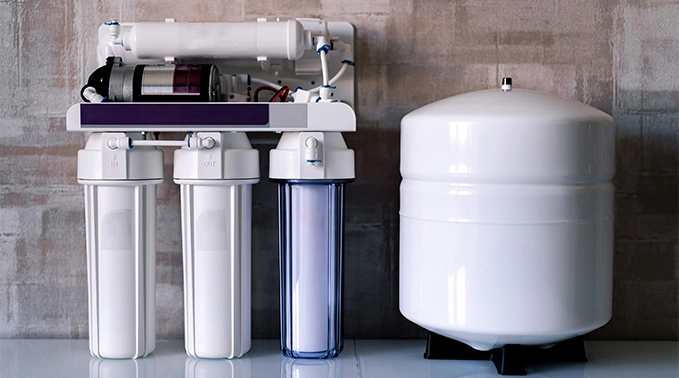Emergency plumbing issues happen all the time; but residential plumbing services can help limit damages and keep money in your pocket with quick fixes and solutions.
Learn where the water comes into your house and where it goes, and schedule regular maintenance so that a plumbing emergency doesn’t come with a corresponding expensive emergency repair bill. And read these plumbing emergency tips so you’re not caught by surprise and keep yourself safe.
Turn Off the Water
Running water of excellent quality, used for household purposes or supply, is a part of modern lifestyle that is essential because of the degree of comfort and safety it confers. However, in case of unexpected situations like leaks or burst caused by a broken pipe, this seemingly small event can soon become a real plumbing emergency and needs the expertise of an emergency plumber.
Should there be a sign of a plumbing problem, turning off the main water supply to your house could be the most important action needed to avoid property damage or danger for family or pet. Water off, lives saved!
If it is a localised problem (leaking tap or overflowing toilet, for example), its dedicated water valve should be readily accessible and easy to operate in order to shut off the water supply. However, in the interest of conservation it would make more sense to find and turn off the shut-off valve for your house (commonly found with your water meter, and/or near the street).
Of course, as soon as the water has been shut off, you should also clear any contaminated areas as best you can so that your possessions aren’t damaged, and the plumbers will know better where to enter.
Clear the Area
These problems, like burst pipes or any other plumbing-related problems, are inconvenient and costly to repair, but can help prevent any expensive damage to your home by staying on top of maintenance checks for your property. Not only do these inspections allow you to spot potential problems early, but they also enable you to get an emergency residential plumber over for any emergency reactions as soon as possible.
If you discover water damage in your home, you should act quickly and shut off the valve connected to your home appliances to reduce flood damages and protect the appliances as much as possible. You should then turn off other valves connected to appliances such as the dishwasher, washing machine and toilet and remove all valuables exposed to seeping water and unplug as many electronics as possible.
Some plumbing emergencies need to be dealt with immediately; others can wait until business hours. Ask yourself the following questions to see if your pl. Does my leak or clog render a kitchen, bathroom or laundry room in my home unusable? Are there leaking pipes or a clogged toilet presenting health or safety risks that require immediate action?
Gather Essential Tools and Supplies
Plumbing emergencies can be very expensive, disruptive and damaging to a home-owner’s house. And, most homeowners don’t know when they need emergency help or wait too long to call a professional plumber – which can result in damage to their homes.
Even when most plumbing emergencies aren’t preventable, many of them are. It always helps to know where your shut-off valves are; any investment in leak detection could provide the early warning of an impending doom before it turns into a full-blown catastrophe. Keeping your emergency kit with plungers, adjustable wrenches and joint tape ready could help to deal with a sudden incident. And for sure, take pictures or videos of the damage detected so you can provide it to your insurance company and plumbers, and for your own promptness in case you have an upcoming schedule for maintenance plan.
Take Photos or Videos
As a homeowner it is your worst nightmare: a leak or a sewage back-up happens unexpectedly in your home, and you need to protect yourself and your family from potential dangers. Before you make a panic call to your licenced plumbing services company, check for these smart tips and easy DIY solutions that could minimise the damage until professional help arrives.
Invest in Leak Detection Devices: Thanks to innovative smart water-leak sensors and sophisticated drain monitoring systems, early leak detection gadgets are invaluable as preventative measure that help policing the situation and keeping an eye on issues before they get worse. Install them on all levels of your home for early warnings of a problem when it’s still easy to handle.
Determining What It Means to Have An Emergency: Knowing what constitutes an emergency situation helps in being prepared when your emergency hits e.g. losing water from a major leak, a clogged toilet, and a malfunctioning garbage disposal are some variant of emergency situations that call for immediate intervention.
Identify problems – for example, learning which areas to look for damp or warped flooring, or bubbled or peeling paintwork, or musty smells. Learn when to get the emergency plumber in to clear a blocked pipe – it could save you money and a large amount of stress.




